the carousel to freedom
carte blanche is a monthly column by storyteller and artist bahia watson. this is a free space.
i wrote my first poem and called it ‘soweto’. soweto is a south african township outside of johannesburg that was formed in the 1930s when the white government started separating people by race, sequestering black people by moving them away from the city, in a policy that was modelled after the canadian indigenous apartheid system (the indian act, status cards, reserves). a 1976 student uprising, in response to a government policy that banned the use of indigenous languages in education and demanded only afrikaans be spoken, inspired a series of mass protests and the violent repression that followed brought international attention to the region. as a huge childhood fan of whoopi goldberg, i came to know soweto through her film, sarafina. haunted by the accounts of injustice, my eight-year-old self wanted to do something, and my mom said: write.
i wrote my first monologue in the voice of elizabeth eckford on her first day of high school in 1957. elizabeth eckford became known as one of the ‘little rock nine’: nine black students selected by the NAACP to attend the previously all-white little rock central high following the 1954 brown vs board of education desegregation verdict. fifteen-year-old elizabeth was spat on and screamed at as she walked through a writhing mob of white adults, students, and bayonet toting soldiers in an attempt to go to school. i saw her photo at a civil rights photography exhibit in atlanta, georgia, and was drawn in by her outfit and sunglasses. she looked so cool and alone and i started to imagine how a girl might decide how to dress for such an occasion. how did she decide to style her hair? what did she eat for breakfast before heading out into that dangerous portal of possibility? i wanted to know more about her courage and pain, so i wrote about it.
i posted a song called precedent to my soundcloud page and the chorus goes like this: stop killing black people. i wrote it after eighteen-year-old michael brown jr. was shot to death by a police officer in ferguson, missouri, as he walked, unarmed, from a convenience store to his grandmother’s apartment, and was left to bleed out in the street for hours under the aching august sun.
sitting to write this column, i wanted to talk about something other than racism. i always long to talk about something other than racism. but then, in minnesota—where there is the ongoing trial of derek chauvin, the police officer who pressed the weight of his body through his knee and into the neck of george floyd for eight minutes and forty six seconds until he died—daunte wright, a twenty-year-old black father, was shot and killed by a police officer at a routine, and unnecessary, traffic stop.
racism is an inescapable tether that can make you feel like a broken record spinning on an interminable loop. didn’t i just say all this during the last great injustice two weeks ago? haven’t i said this a thousand times? am i capable of talking about anything else? am i allowed to? for black and indigenous people even self-care and joy are described within a context of racism as acts of resistance. with the wealth of information and disinformation held in the expanse of the internet, surely everything i have to say has already been said and archived online by someone more knowledgeable on the subject. what am i doing at this point? am i actually making a contribution? what else can possibly be said on the subject?
after listening to a lecture by dr. angela davis, i began to reflect on this need to make a specific, personal, and unique contribution as it relates to the culture of individualism. individualistic thinking misguides us into looking for solutions on the level of the individual, assuming that there must be an individual actor who is responsible for our liberation or our demise, rather than understanding that these modes of domination are embedded in the apparatus, in the structure of our society; rather than thinking of how we can work together.
obama’s presidency is often positioned as a symbolic triumph against racism, but it’s not. the apparatus was not disrupted by his leadership, it was maintained, and even strengthened, by the way his presence offered the illusion of progress through representation, which obscured the view of how the apparatus continued to function.
it was a triumph of another kind though. what was special about his election was that he was elected as a result of a mass movement of people who collectively decided to achieve something that up until then was thought of as impossible. the system is run by a 1% minority, a concept successfully popularized by the occupy movement. with a goal to maintain the concentration of wealth and power, the collective, engaging in organized action, is their greatest threat.
freedom dreaming is a practice that asks us to create the world we want to live in by dreaming it up. first, we must really look at the world around us—the encampments, the warehousing of people at borders, the caging of children, the state murders, the lack of clean water, the billion dollar police budgets, the swelling accounts of billionaires—and see our world for what it is. we must ask ourselves over and over again: how else can we care for each other and work together and organize ourselves and our lives? violence, incarceration and policing are effectively normalized and humanized by the entertainment industry and it is by design that we are meant to think of this as normal; as how it has always been and how it must always be, but that is just an illusion.
i am writing this from the tongva land known as los angeles. the tongva people have lived in this region for over ten thousand years. they didn’t cross over a land bridge, this is where they originated. that historical context is important to have in our consciousness because we can’t imagine a way forward without knowing the truth of where we are now, and we can’t know where we are now without knowing the truth of where we have been. as we dream other ways of living together, remember that this particular oppressive system under which we live is actually modern. life here, on turtle island, has been structured in very different ways, under very different sets of values, for thousands of years before any boat landed on those shores.

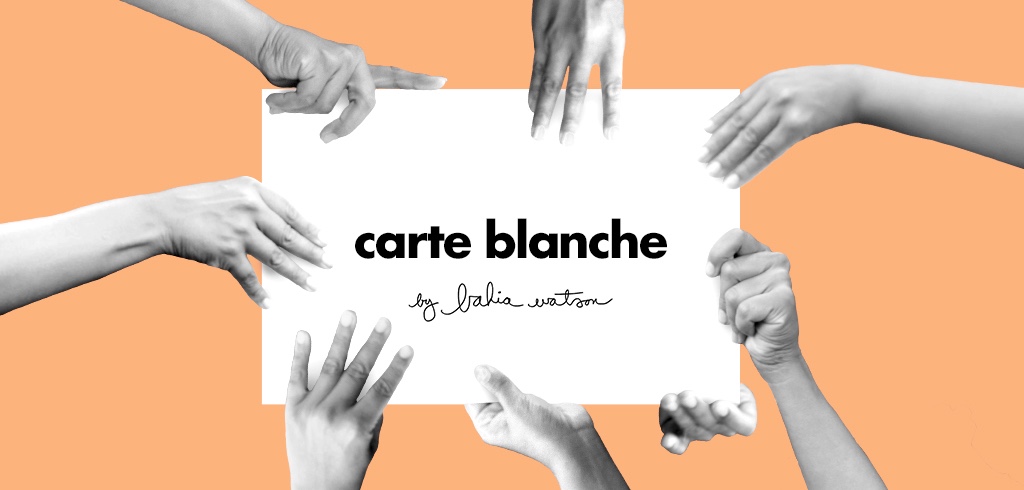
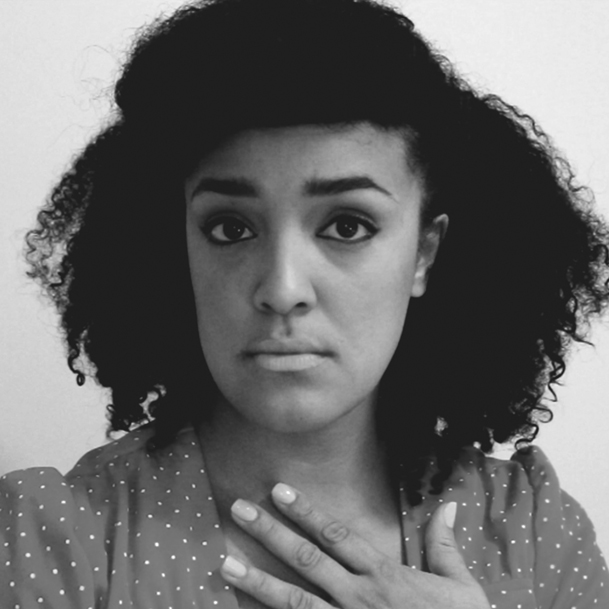
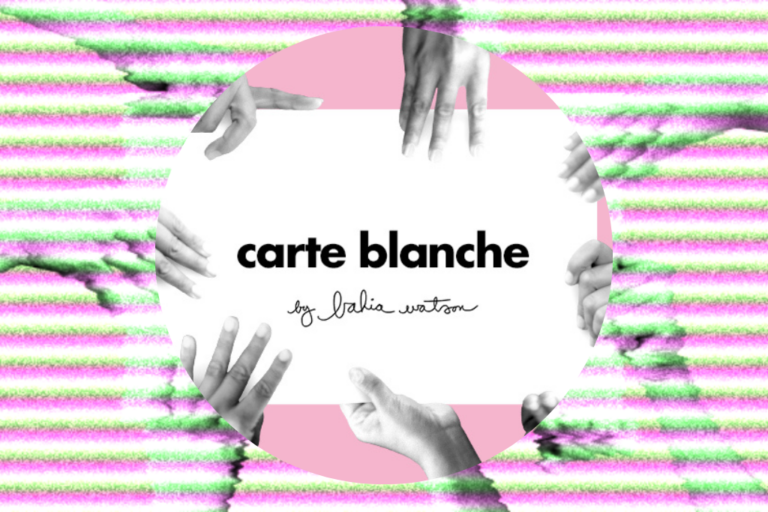
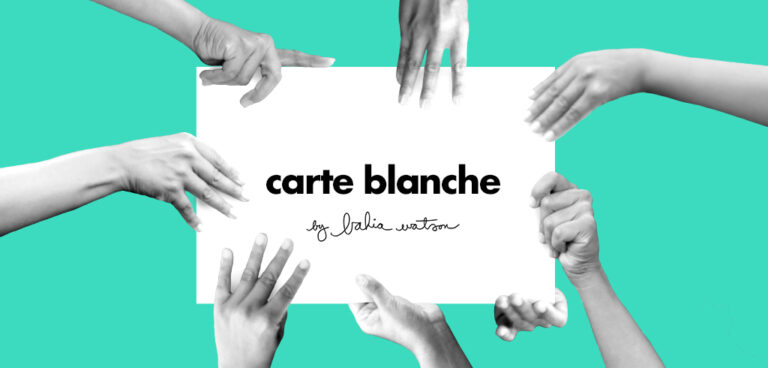
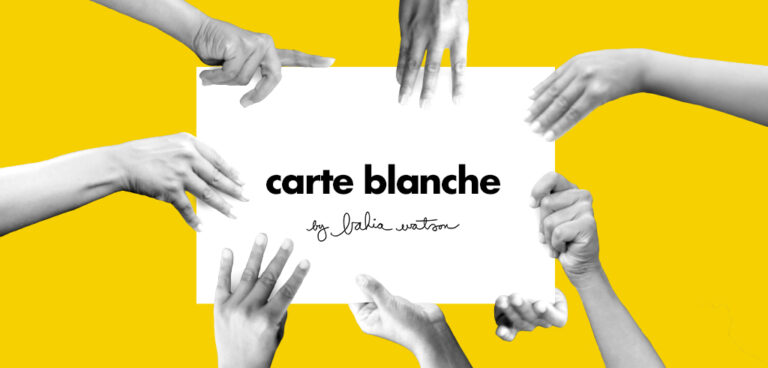
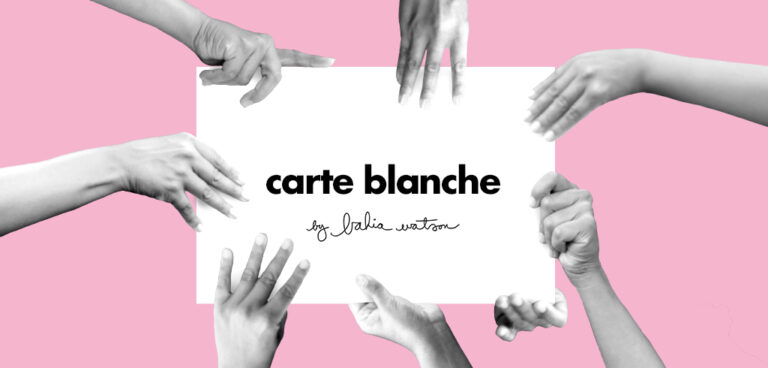
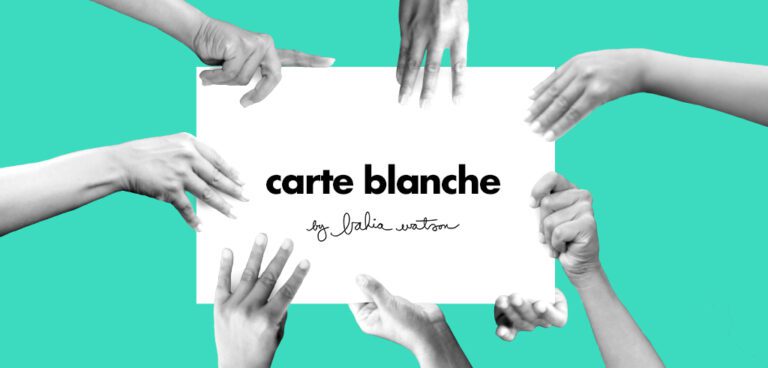
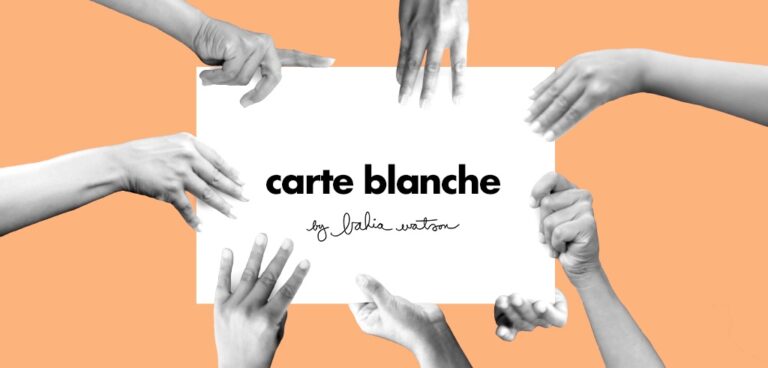
Comments